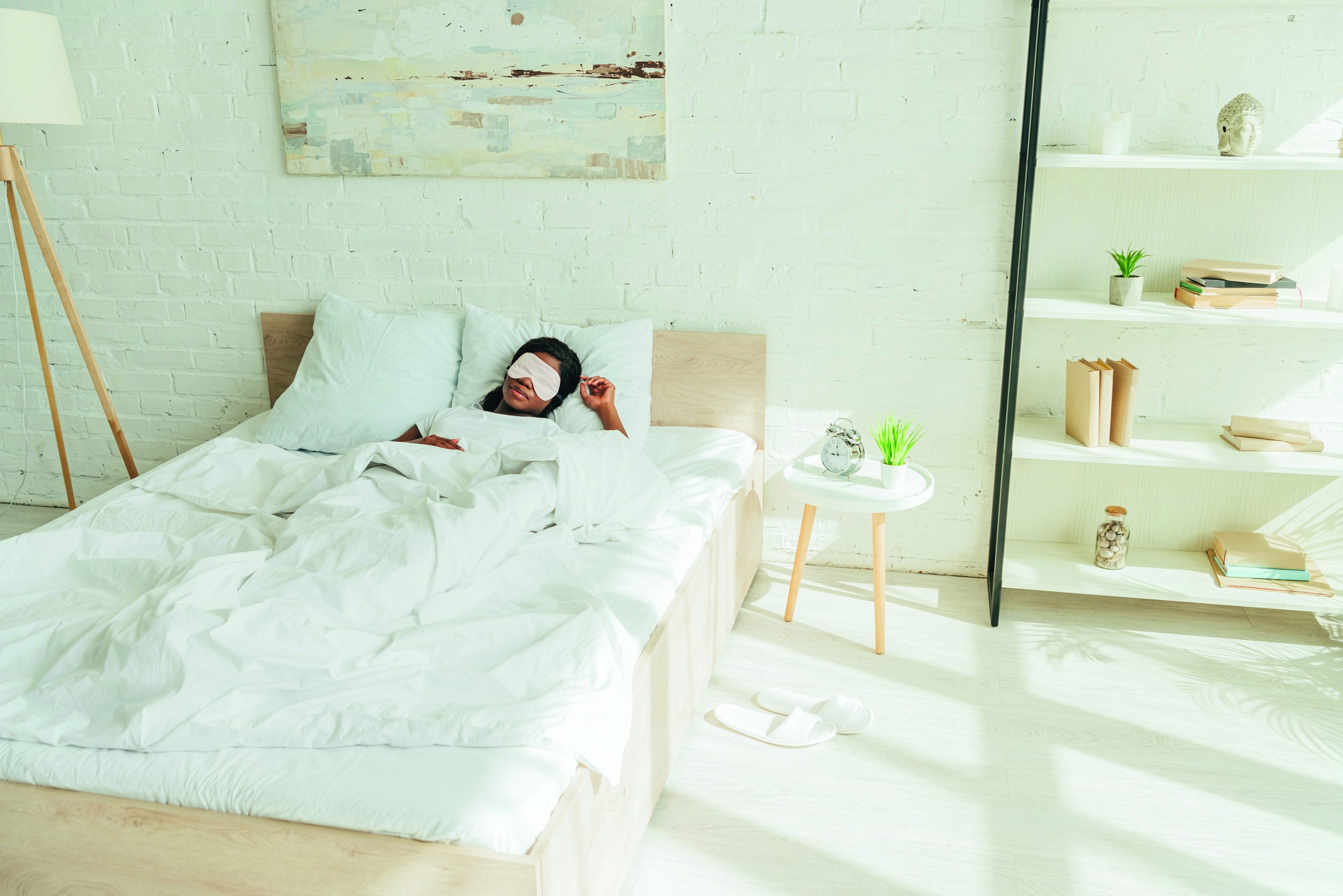Sleep. We all know it is important. Sleep is when your body heals itself, both mentally and physically. Getting adequate sleep is linked to better mood, memory, and immune function, while poor quality sleep is associated with higher body weight and an increased risk of diabetes, depression, heart attack, and stroke.
But what if getting plenty of restorative sleep isn’t as easy as it sounds? For those familiar with lying awake in bed dreaming of drifting off, it will come as no surprise that insomnia is the most commonly reported sleep problem.
What is Insomnia?
Insomnia is a condition in which it is difficult to fall asleep, stay asleep, or fall back to sleep after waking. Up to one-third of adults are struggling with insomnia at any given time, compromising their health and performance.
Doctors use the duration of symptoms to classify insomnia as either short-term or chronic:
• Short term insomnia is more common, typically lasting a few days or weeks.
• Chronic insomnia involves sleep disruption of at least three times per week for three months or more, and occurs in about 10% of adults. It will occur in all ages with increased prevalence in older adults and elderly.
What Can Contribute to Insomnia?
Insomnia is often related to a series of conditions, such as:
• Poor lifestyle and sleep habits.
• Stressful life situations, such as divorce or job loss.
• Anxiety, depression or other mental health disorders.
• Chronic illness or chronic pain.
• Side effect of a medication.
• Untreated sleep disorders, including sleep apnea.
• Neurological conditions like Alzheimer’s and Parkinson’s.
• Hormonal changes, like those during pregnancy and menopause.
Sometimes, the symptoms are not attributable to any other identifiable cause. Doctors consider this primary insomnia. This type of insomnia is generally life-long, and episodes often begin in childhood.
Not Something to Ignore
One of the more immediate symptoms of insomnia is daytime fatigue and drowsiness. A single night of tossing and turning can increase the risk of car accidents, work-related mistakes and moodiness. Too many nights of insomnia can weaken the immune system and affect memory and concentration.
Feeling lethargic, some people turn to caffeine or sugar for a quick burst of energy. Sometimes people skip workouts because of feeling too tired to exercise. These habits can interfere with the next night’s sleep, turning one bad night into multiple.
Nobody wants to fall asleep at an inconvenient time—at a meeting, during a movie. But dozing off while driving is downright dangerous, as are the many other health hazards of not getting enough sleep.
Sleep is as important to health and well being as exercise and nutrition. If insomnia is keeping you up at night, your doctor can help you understand what might be causing it and find a solution so you can be your happier, healthier, more well-rested self.
From the Experts
Insomnia is a highly prevalent, persistent and distressing problem that affects at least 10% of the adult population. However, it is often under-diagnosed and under-treated. There is effective non-pharmacological treatment for insomnia—cognitive behavioral therapy for insomnia. It could produce similar short-term but more durable effects as compared to sleep medications. Thus, seeking appropriate help is important to improve your insomnia.
In addition, establishing the following healthy sleep hygiene tips will be your first step towards a good night sleep:
• Maintain a regular sleep-wake routine.
• Have a 60-90-minute wind-down before bedtime.
• Use your bedroom for sleep and sex only.
• Only go to bed when you feel sleepy.
• No gadgets near bedtime.
• Avoid stimulants such as coffee and tea 4–6 hours before bedtime.
• Regular daytime exercise can improve sleep quality, but you should avoid rigorous exercise near bedtime.
• Develop relaxing routines such as reading a book, taking a warm shower or brushing your teeth.
Special commentary provided by Prof. Yun Kwok Wing, Chairman, Department of Psychiatry, Director of Li Chiu Kong Family Sleep Assessment Unit, Faculty of Medicine The Chinese University of Hong Kong; Dr. Shirley Xin Li, Assistant Professor, Department of Psychology, The University of Hong Kong; Dr. Rachel Ngan Yin Chan, Research Assistant Professor, Li Chiu Kong Sleep Assessment Unit, Department of Psychiatry, Faulty of Medicine, The Chinese University of Hong Kong.
…………………………………………………………………………………………
Shanti Argue is a freelance writer who loves researching and writing about a variety of topics.



